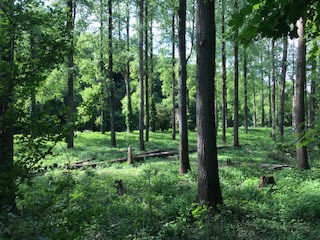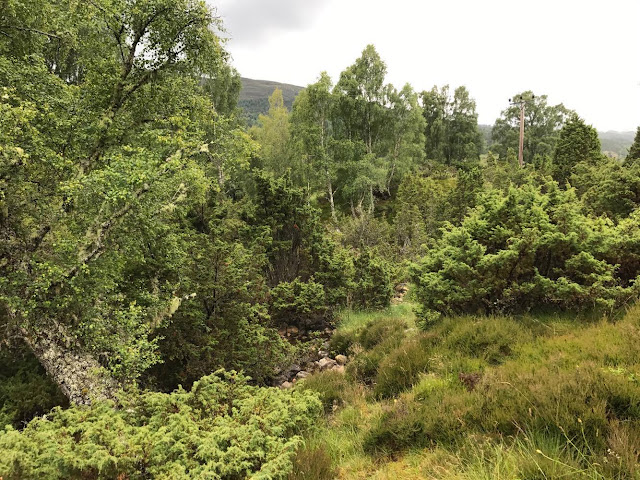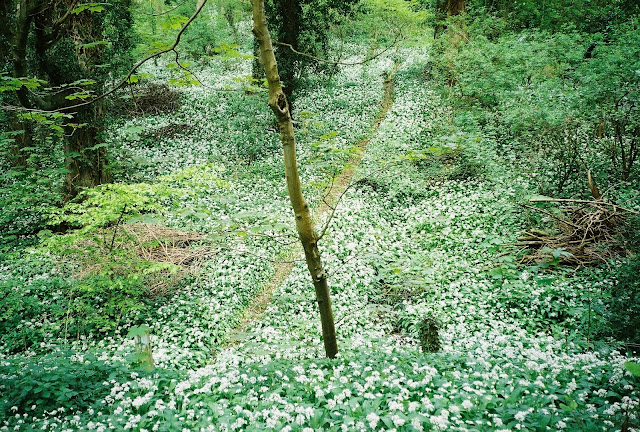Opting out: on not eating meat
It’s only been two years since I became a vegetarian, and
for me it was very easy; although I ate meat, I never saw it as very important,
and my upbringing didn’t hinge much cultural importance to it. As I began
cooking more I began eating meat less, which was expensive and not always
easily storable or usable, and fairly often bland. My partner has been a
vegetarian most of her life so it made a lot of sense to just slip into it and
stop eating meat in the winter of 2016.
The
breaking point for me was a few lines and descriptions in J.M. Coetzee’s Elizabeth Costello, which I was studying
at the time as part of my Literature undergraduate degree. Through the titular
character, Coetzee elaborates that meat producing systems are factories of
death, emerging from the Chicago slaughtering pits of the early 20th
century that specialised in toning the efficiency of killing, where men spent
their working hours clubbing cow after cow over the head with a mallet,
becoming number and number to death, and as a result life. Coetzee also
describes these slaughter pits as inspiration for later engineers of genocide
and makes some comparison or other with the holocaust, a tract that shocks at
first but skirts all too close with a misguided racism for my liking. We don’t
just treat death differently between human and non-human, but between humans;
some are tragedies, some statistics.
The second
important impression I got from Elizabeth
Costello was an instance when someone argues that we as animals naturally
eat meat as any animal does to survive, to which Costello retorts that we don’t have to. It is entirely
possible and needs no further prove that humans have and can live without meat
and dairy. Quite a few people use that weird argument that ‘natural’ beings
like bears or wolves or lions eat meat, so shouldn’t we as well? This is
redundant and short-sighted, you may as well suggest that as silky sharks can
eat once a year and that many species of worm survive off of minerals blasted
from boiling flumes on the ocean floor, we might want to try emulating that
too.
I have my
reasons- opting out of the death factories, opting out of a murky field of
capitalism, and considerations of health & environment, but more often than
not I feel quite simply that I like fruit & vegetables; I like growing
them, cooking them, eating them. I wouldn’t want to raise, slaughter, prepare,
cook & eat any livestock in the same way really.
Some will
raise hunting or small-scale farming as example that fit my ‘reasons’ but allow
meat-eating, but where in the global North can someone hunt out of a controlled
area that has not been impacted by man? Hunting grounds in rich countries are
just the leisure branch of the death factory. I am still getting to grips with
subsistence farming, as I know people who raise their own animals for milk or
eggs, know them, treat them well, and use them in ecologically sound ways, and
are reluctant but understanding when it comes to the slaughter.
Vegetarians
and vegans must remain critical of their diets and food systems. To condemn all
who eat meat is narrow-minded; consider that North of the 60°
latitude crops won’t grow and indigenous peoples have relied on hunting here to
survive for millennia. Also consider that in some desperate areas, livestock
are often raised not for eating, but to sell as an emergency fund if someone
should be imprisoned or fall ill, both a catastrophe when some may earn as
little as a dollar a day. Also consider
that plant-based diets aren’t automatically environmentally friendly diets,
although they have a better chance to be. Negative effects to the environment
can occur from emissions from global freight of produce and the harm caused to
ecosystems by mass monocropping of crops such as soy just to name a few. Although
frustrating, this shouldn’t be a put off but an encouragement to continue being
conscious of your plate, to re-connect with your food and help the planet reach
a balanced food system in the future.




Comments
Post a Comment